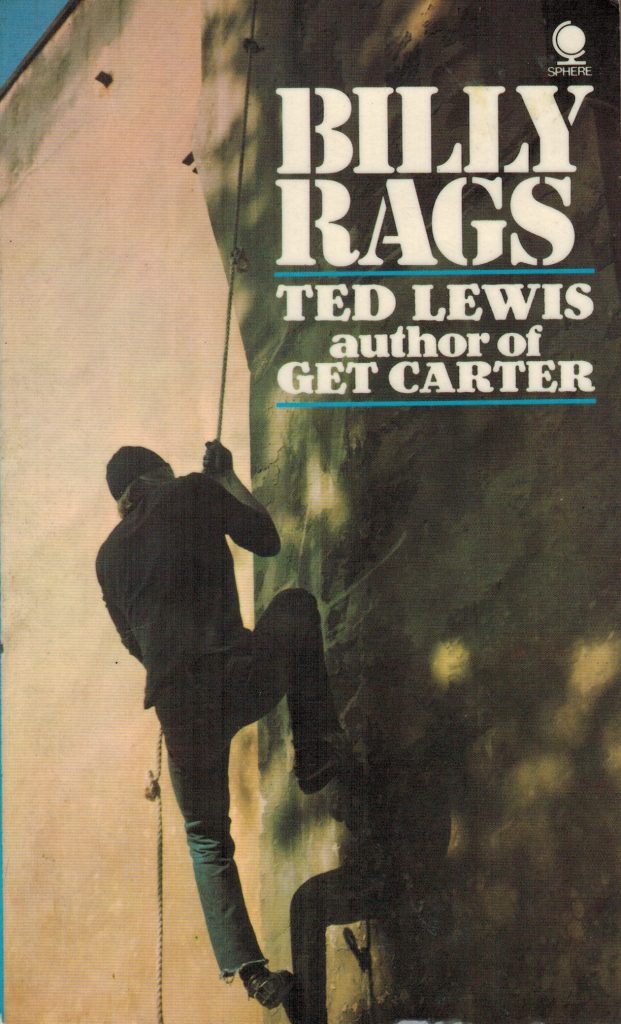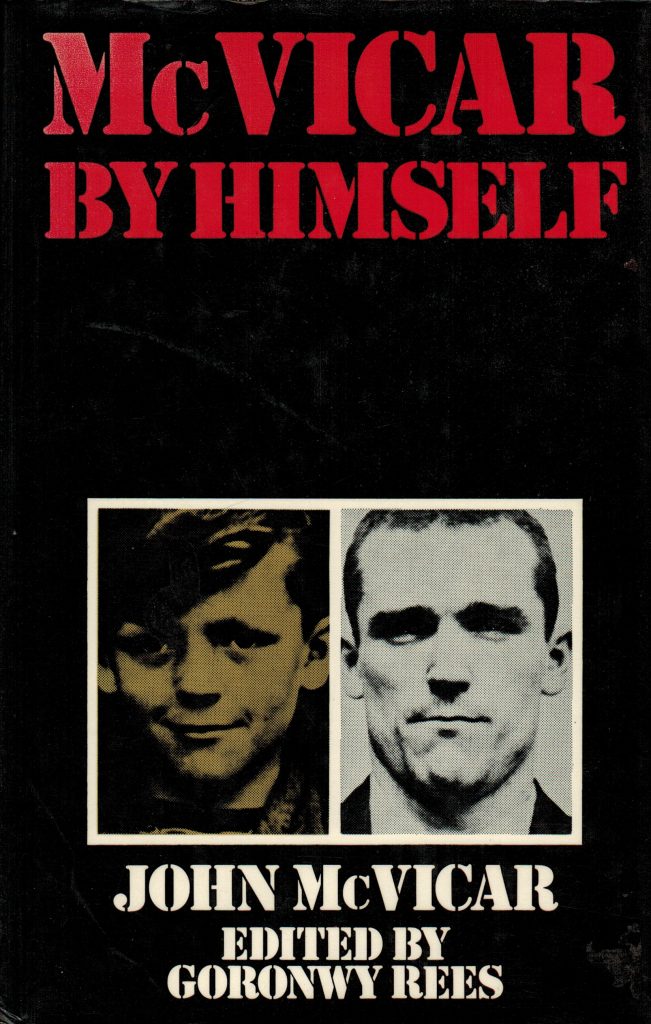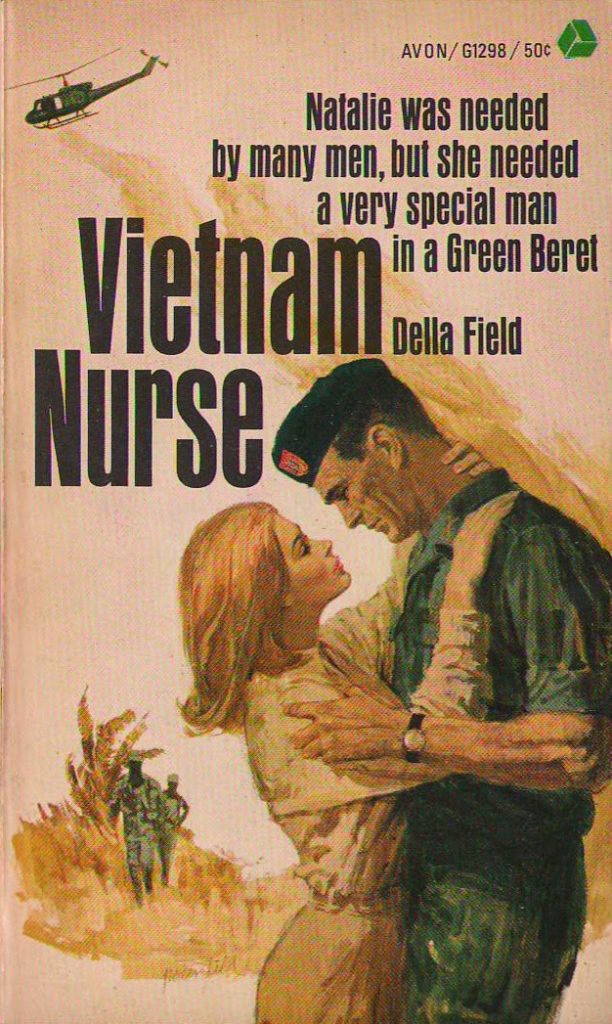I know that this site has not been getting quite as much attention from me as usual over the last year. This is largely because I have been so busy with various book projects. A quick update on these might be in order.
First up is my academic monograph, Horwitz Publications, Pulp Fiction & the Rise of the Australian Paperback. Out via the Anthem Press Studies in Australian Literature and Culture series in early July, it now has a cover and is available for pre-order. It is in hardcover, with a price that reflects the fact that it is being targeted at institutions and, in particular, libraries, in the first instance, but I have negotiated with Anthem for a much cheaper paperback version of the book will be released by Anthem next year.
Horwitz Publications, Pulp Fiction & the Rise of the Australian Paperback originated in a PhD I took at Sydney’s Macquarie University and turning it into a monograph has taken a considerable amount of my time over the last year. Regular readers will no doubt be familiar with Horwitz, as the publisher of many of the paperback covers that I post on this site. My study is the first book length examination of Australian pulp and one of the few detailed studies I am aware of a specific pulp publisher to appear anywhere.… Read more

























